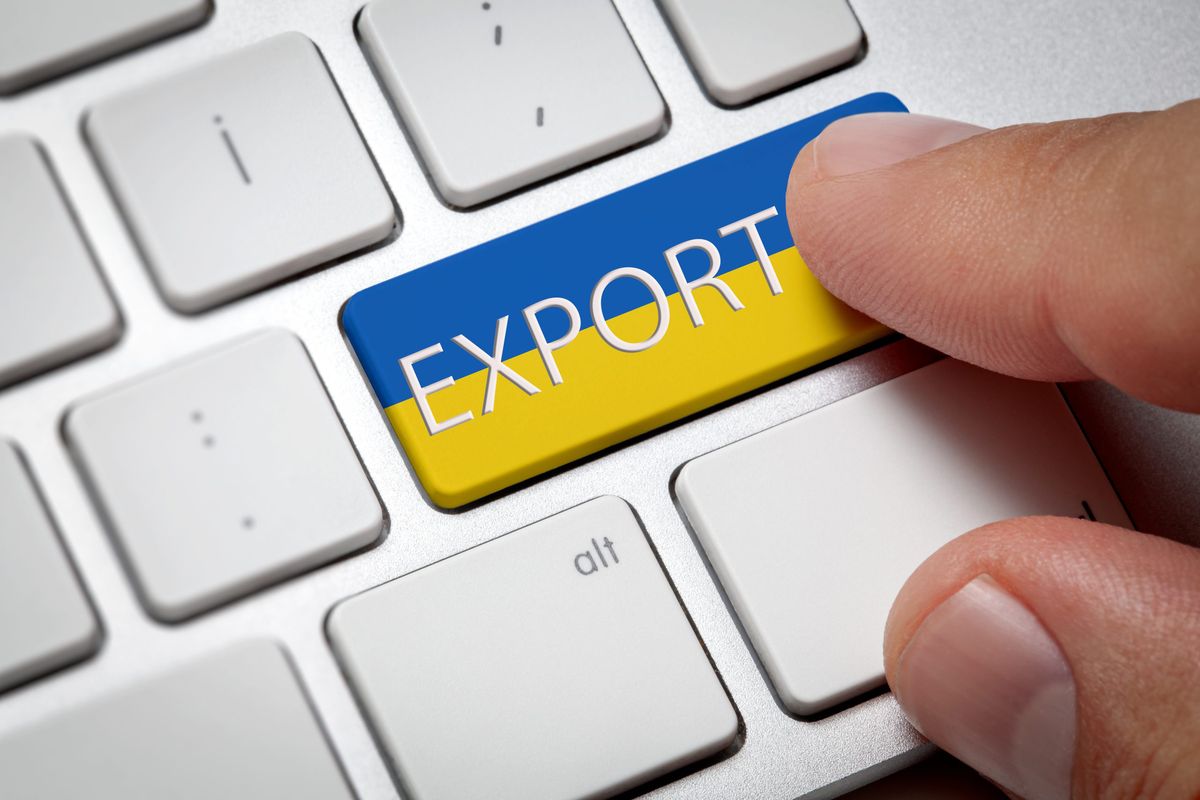
How to Build a Sustainable Export Strategy in 2025: Insights, Challenges, and Advice for Ukrainian Business
In the Ukrainian business environment, export is often perceived as a path to quick enrichment. In reality, entering global markets is, above all, an investment in resilience, development, and long-term competitive advantage.
Globalization opens up broad opportunities, but only for those willing to think strategically, invest in their team, product, and brand, and build new approaches to doing business.
A common illusion: it is enough to sign a contract and ship a batch and the company is already an exporter. However, reality is different. Entering the international market is a complex and multi-level process. It requires not just a one-time deal, but constant improvement of the product, logistics, communications, and team.
The first step is honest self-assessment.
It is worth asking a few simple but fundamental questions:
- Is there a team ready to systematically engage in export?
- Is there a budget for marketing, business trips, product registration?
- Are there enough resources to adapt for new markets?
If the answer is “no” to at least one question it is worth pausing and revising your strategy. Haste leads to loss of time, money, and reputation. As market participants point out: “Export is a separate project. And it must have its own KPIs and a separate team.”
Product Adaptation: From Idea to Local Market
What works in the domestic market does not always fit the external one.
Real experience shows: entering Europe or other markets often requires changing not only labeling but also product positioning. As Ukrainian business notes:
“There was simply no category for our product in Europe. We had to reposition it in a different context.”
Adaptation also means cultural codes. In Germany, farmers trust local research, in Latin America personal relationships. Therefore, the same solution can be presented as an “innovation for sustainable agriculture” in the EU and as a “means for increasing yields” in Asia.
Trust Is More Important Than the Contract: Realities of International Markets
A contract is not a guarantee of sales.
In global export, the key is long-term trust. Business practice shows: sometimes a partnership starts only a year or two after the first introduction, after numerous contacts, joint research, and regular communication.
Responsiveness and availability are critical factors. “A partner must be sure they will get a response within hours and help in any situation.”
Investments in personal meetings, training events, and client support at the implementation stage are not “extra services,” but the foundation for trust.
System and Brand: The Condition for Long-term Development
Systematic work is the foundation of sustainable export.
Successful companies do not rely on a single manager. They create a team that includes commerce, logistics, regulatory support, marketing, and customer support.
Own offices, warehouses with quality control, compliance certificates all of this is no longer a competitive advantage, but a basic necessity for market presence.
Information presence, participation in industry events, publications, and expert communication form a brand that is not seen as “just another supplier,” but as a reliable expert.
Challenges of Global Export: What Is Usually Overlooked
1. Regulatory policy.
Without official product registration in the target market, legal deliveries are impossible. Attempts to “circumvent the system” almost always result in financial and reputational losses.
2. Logistics.
Having your own warehouses and a controlled delivery system is critically important, especially under martial law and unstable border operations.
3. Cultural differences.
The approach to choosing partners and product consumption differs in every country. Some value local research, others personal relationships.
4. Marketing illusions.
Spending on trade shows and events only makes sense after registration and established logistics. Direct participation without this is a waste of budget.
5. Overestimated expectations.
Even a perfect product does not sell itself. “Trust and reputation are built over years.”
Post List
Practical Tips for Sustainable Export
1. Choose 1–2 markets
Deep study of one market is more effective than superficial coverage of several. Focusing resources increases the chances of success.
2. Build a brand
Product quality should go hand in hand with the company’s reputation as a reliable partner. Trust is built not just by deals, but by attitude towards clients.
3. Personal presence
In-person meetings help build strong relationships. Often, “one handshake replaces dozens of online meetings.”
4. Start with 70% readiness
Don’t wait for perfect conditions the market will teach you what really matters. The rest will be refined in the process.
5. Long-term strategy
Entering the global market is a marathon, not a sprint. Continuous work, flexibility to change, analysis, and adjustment of strategy the way to results.
Additional Practical Recommendations
- Study the local consumer: learn about habits, ethical, linguistic, and legal features of the target country.
- Work with local partners or agents: this helps adapt to the market faster and avoid mistakes.
- Use international support programs: training, certification, and marketing initiatives (EU, EBRD, USAID) often compensate part of the costs.
- Protect intellectual property: trademark registration, patents, copyrights the key to safety in international relations.
- Constantly analyze feedback and adjust strategy: monitor all requests, problems, and suggestions from partners and clients.
Systematic work beats randomness this is the universal rule for any exporter. There are no quick victories on the global market. But there is strategy, investment in reputation, team, knowledge, and trust. These factors determine whether export becomes a driver of sustainable development for Ukrainian business.
And remember: when entering the international market, you shape not only your own brand, but also the reputation of Ukraine.















